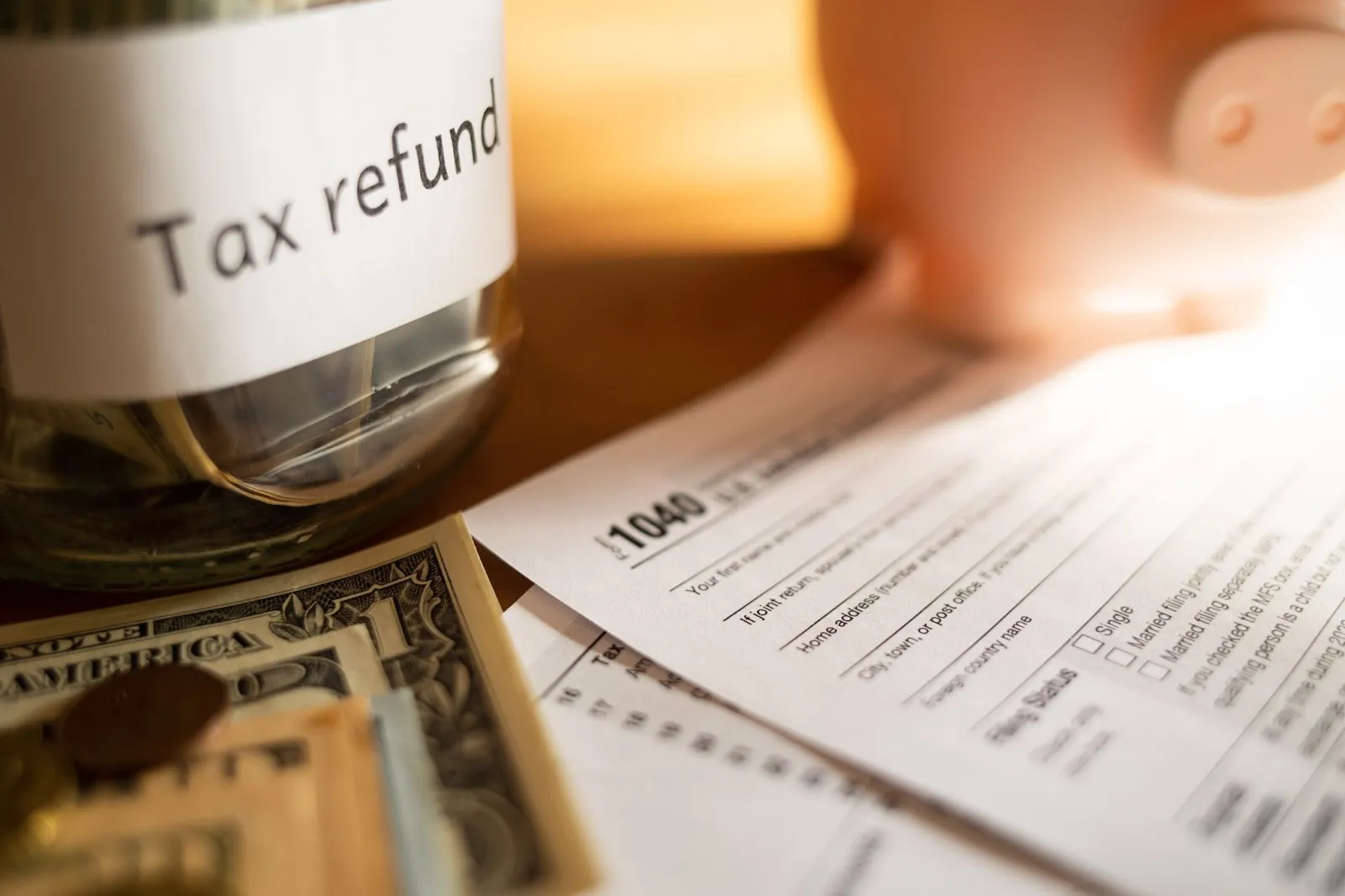In the realm of taxation, few terms can evoke as much concern and urgency as “tax liens.” A tax lien is a legal claim imposed by a governmental entity on a person’s property when they fail to pay the owed taxes in time. It essentially signals that the government has a legal right to the debtor’s assets, marking the first step towards potential asset seizure if the taxes remain unpaid.
In this article, we delve into the world of tax liens, equipping you with the knowledge to understand their impacts and find a viable solution to navigate a tax lien successfully.
What is a Tax Lien?
At its core, a tax lien is a legal claim initiated by governmental authorities on an individual’s or business’s assets due to unpaid taxes. This legal basis is grounded in ensuring tax compliance and safeguarding the government’s ability to finance public services.
The parties predominantly involved in a tax lien scenario are the tax entity — which could be federal, state, or local tax agencies — and the taxpayer, who is the individual or entity owing the tax debt.
The Impact of Tax Liens
Tax liens can bring about wide-reaching consequences across different spheres of your financial life. Let’s break down these effects one by one.
Effects on Personal Finances
A tax lien poses a substantial threat to personal finances, most notably affecting one’s credit score and potentially leading to asset seizure. The lien can linger on a credit report for years, making it difficult to secure loans and fostering financial instability.
Effects on Businesses
Businesses face operational and reputational challenges when encountering tax liens. They can hinder business growth by restricting access to financial options and damaging the public image, which in turn affects customer trust.
Effects on Property
Tax liens are public information, which means anyone can find out about it. Because of the lien, it’s hard to sell or refinance your property. The government can even sell your house to get the money you owe. So, until you pay your taxes, a tax lien makes things difficult and could even risk losing your property.
Finding Solutions for Tax Liens
While the consequences of tax liens can be daunting, there are preventive measures and solutions available to individuals, businesses, and property owners. These solutions fall into two categories: actions to take before and after placing a lien.
Preventive Measures to Avoid Tax Liens
To avoid tax liens, adopt preventive strategies like ensuring timely payment of all due taxes. This straightforward yet vital step forms the first line of defense against tax liens. Besides this, seeking professional advice can help identify potential tax-saving opportunities and assist in maintaining compliance with tax obligations, thereby avoiding the risk of a lien.
What Options Do I Have When a Tax Lien is Placed?
When a tax lien has already been placed, you still have options. There is potential for negotiation with the tax authorities, opening opportunities for a settlement agreement or payment plan. There are legal channels to challenge or remove a tax lien, often requiring guidance from a legal expert.
How Andrin Tax Relief Can Help
Navigating the complex landscape of tax liens can be overwhelming and nearly impossible to tackle on your own. This is where the experts at Andrin Tax Relief step in. Our team leverages years of experience to craft tailored solutions for individual needs and circumstances.. Reach out to Andrin Tax Relief today and let our professionals guide you safely through the maze of tax liens. Your financial peace of mind awaits.




